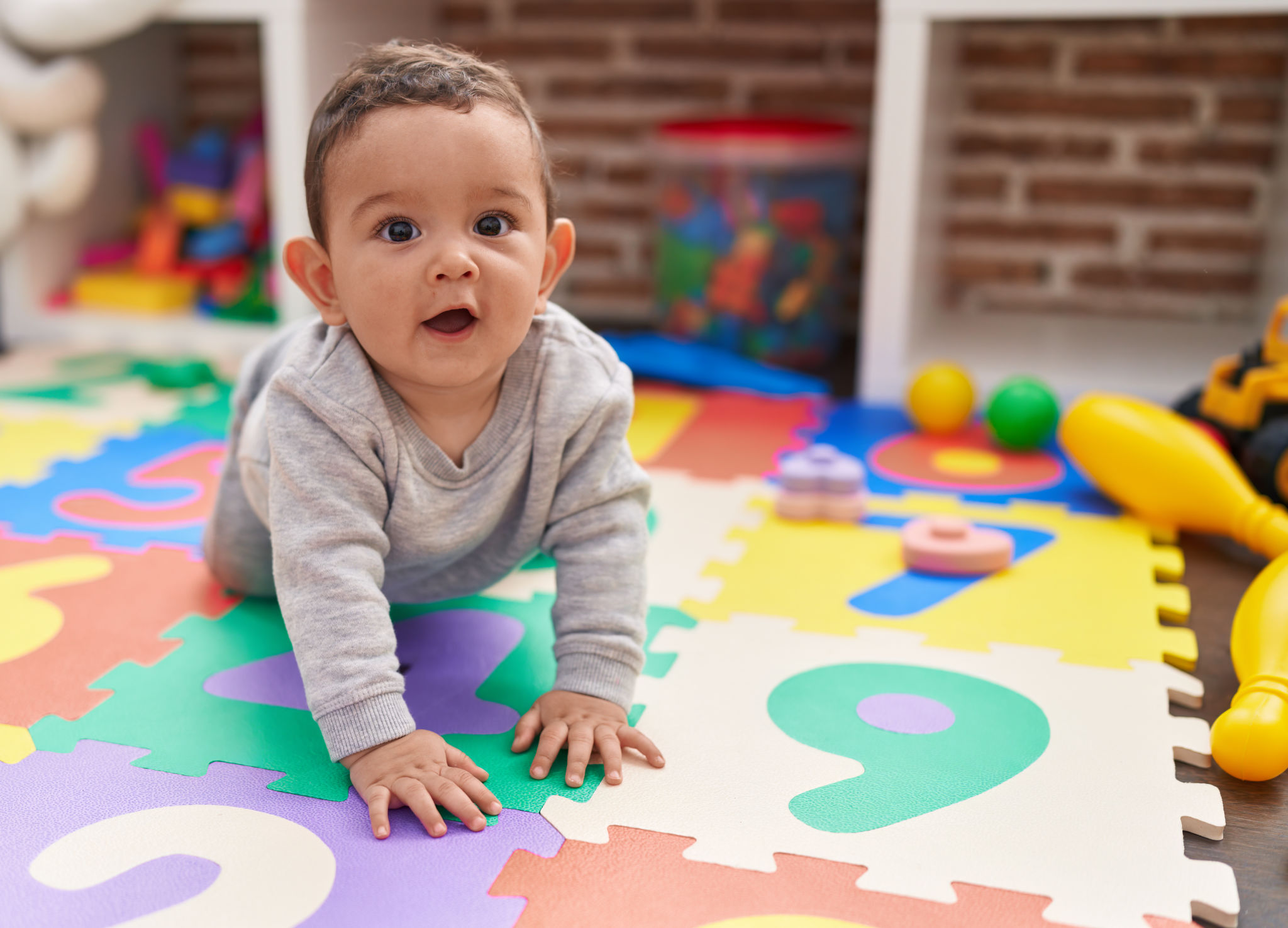Understanding Baby Development Stages: A Guide for New Parents
Introduction to Baby Development Stages
Welcoming a new baby into your life is an exciting journey filled with joy, challenges, and numerous questions. Understanding the various stages of baby development can help ease some of the anxiety and ensure that you are supporting your little one's growth effectively. In this guide, we'll explore the key milestones in baby development and share tips on how to encourage and support your child's progress.
Newborn Stage: Birth to 2 Months
During the newborn stage, babies are adjusting to life outside the womb. They spend most of their time sleeping and feeding, gradually becoming more alert. You may notice reflexive movements such as grasping or rooting, which are natural at this stage. It's important to provide a nurturing environment where your baby feels safe and loved.

Tips for Supporting Newborn Development
To support your newborn's development, ensure they have plenty of skin-to-skin contact, which is crucial for bonding and emotional security. Additionally, gentle massages and soft sounds can help stimulate their senses. Remember to always support their head and neck when holding them.
Infant Stage: 3 to 12 Months
The infant stage is marked by rapid growth and development. Babies start gaining control over their movements, learn to roll over, sit up, and eventually crawl. You'll also notice the development of communication skills as they begin to coo, babble, and respond to familiar voices.
Encouraging Motor Skills and Communication
Promote motor skill development by giving your infant plenty of supervised tummy time. This helps strengthen their neck and shoulder muscles. Encourage communication by talking to your baby frequently, reading books together, and responding to their sounds with enthusiasm.

Toddler Stage: 1 to 3 Years
The toddler stage is a time of exploration and discovery. Your child will likely take their first steps, learn new words daily, and exhibit more complex emotions. They may also begin to assert their independence, testing boundaries as they develop their personality.
Nurturing Independence and Social Skills
To support your toddler's development, provide opportunities for them to make choices within safe boundaries. Encourage social interactions with peers through playdates or group activities. Reading stories about emotions and modeling appropriate behavior can also be beneficial in teaching empathy and social skills.
Conclusion: Embracing Every Milestone
Every child is unique, and development can vary from one baby to another. Embrace each milestone with patience and joy, celebrating your child's achievements while understanding that some may come sooner or later than expected. If you have concerns about your child's development, consult with a pediatrician for guidance.
